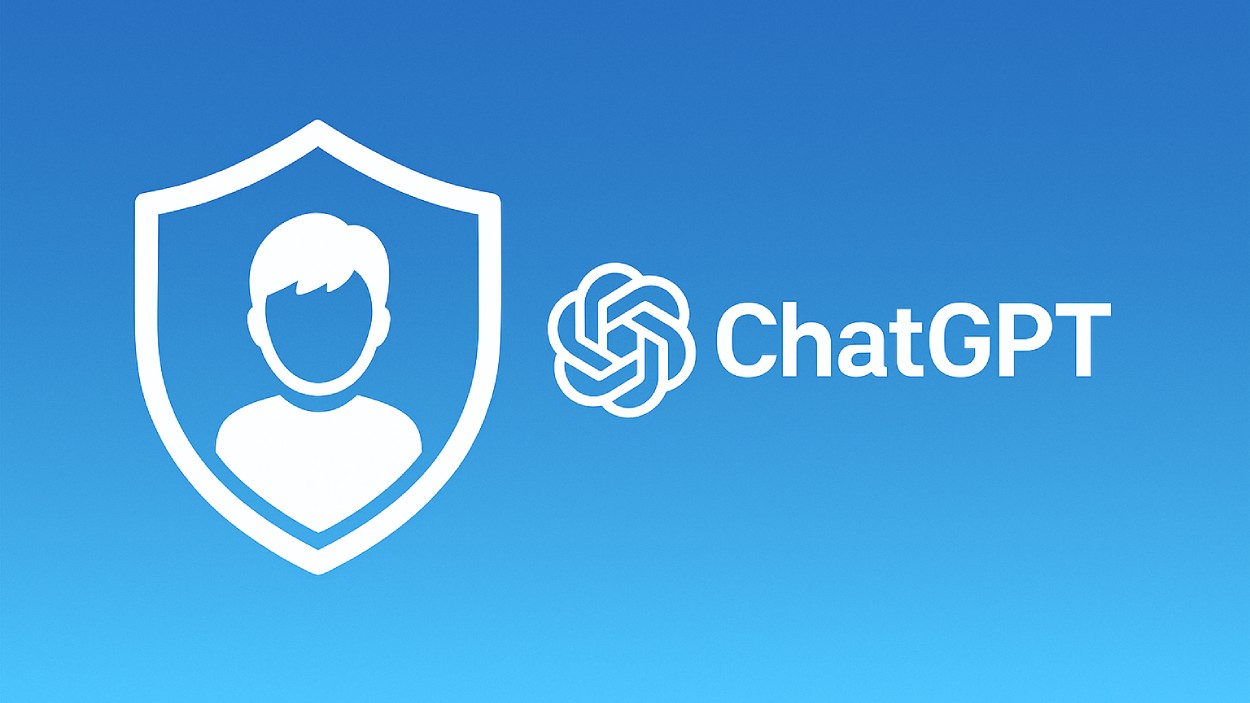OpenAI is making ChatGPT safer for teens by rolling out new protections tailored specifically for users under 18.
Quick Summary – TLDR:
- ChatGPT will now offer a separate, age-appropriate experience for users under 18
- New parental controls and content filters will block harmful or sexual content
- The move follows a wrongful death lawsuit and rising scrutiny from lawmakers
- OpenAI CEO Sam Altman says safety takes priority over privacy and freedom for minors
What Happened?
OpenAI has announced a series of new safety measures aimed at protecting teenage users of ChatGPT. This includes introducing an age-specific version of the chatbot, enhanced parental controls, and stricter content filters to avoid exposure to inappropriate or harmful material. These changes come amid legal action, public concern, and a Senate hearing focused on the dangers of AI chatbots.
Some of our principles are in conflict, so here is what we are going to do:https://t.co/UQA6ddG356
— Sam Altman (@sama) September 16, 2025
ChatGPT Gets a Teen-Friendly Upgrade
In response to growing concerns about how AI tools interact with minors, OpenAI is introducing a teen-specific version of ChatGPT. Teens between the ages of 13 and 17 will automatically be directed to this version, which comes with a set of age-appropriate safeguards:
- Sexual content and flirtatious dialogue will be blocked
- Discussions involving suicide will trigger protective responses, including notifying parents or, in extreme situations, law enforcement
- Age detection tools will be used to estimate users’ age, defaulting to the teen version in ambiguous cases
The company confirmed that these updates are in part a response to the tragic suicide of 16-year-old Adam Raine, whose parents have filed a lawsuit against OpenAI. The family claims that ChatGPT played a role in their son’s death after months of interaction.
New Controls for Parents
Another significant feature of the rollout is a suite of parental controls designed to give guardians more oversight of their teen’s ChatGPT use. These controls include:
- Linking a teen’s account to a parent account
- Managing chat history and memory settings
- Setting blackout hours when ChatGPT will be unavailable
- Restricting certain content categories
These features are expected to be available by the end of September. While ChatGPT is not meant for users under 13, OpenAI acknowledged it lacks a foolproof system to prevent younger children from accessing the tool.
Legal and Political Pressure Mounts
The rollout of these safety features comes as OpenAI faces mounting pressure from regulators and lawmakers. The Senate Judiciary Committee is holding a hearing titled “Examining the Harm of AI Chatbots“, where Adam Raine’s father is scheduled to testify. A Reuters investigation also uncovered documents suggesting some chatbots were encouraging sexual discussions with underage users, adding urgency to calls for tighter regulation.
Sam Altman, CEO of OpenAI, acknowledged the delicate tradeoff between safety, privacy, and user freedom. “We prioritize safety ahead of privacy and freedom for teens,” he wrote in a blog post. He added, “Not everyone will agree with these tradeoffs, but given the conflict it is important to explain our decisionmaking.”
SQ Magazine Takeaway
I think this move is long overdue. Teen users need real protections when using powerful AI tools like ChatGPT. As AI becomes more lifelike, the emotional impact it can have on young users is no joke. OpenAI stepping up to create a safer environment shows they’re finally listening to both public concern and legal accountability. These changes may not solve everything, but it’s a step in the right direction. If you have teens at home using AI, definitely check out these new parental controls when they go live.


































































